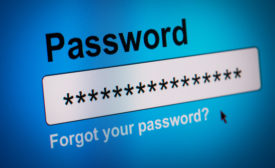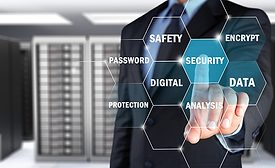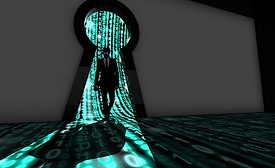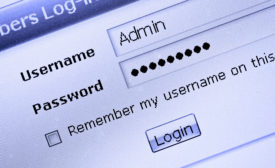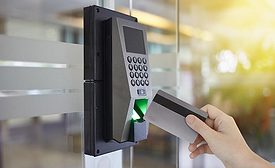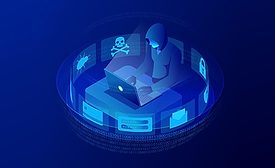Cybersecurity News
How to Protect Your Access Control System Against Cybercrime
Responding to the Evolving Threat Landscape
December 11, 2018
Sign-up to receive top management & result-driven techniques in the industry.
Join over 20,000+ industry leaders who receive our premium content.
SIGN UP TODAY!Copyright ©2025. All Rights Reserved BNP Media.
Design, CMS, Hosting & Web Development :: ePublishing
